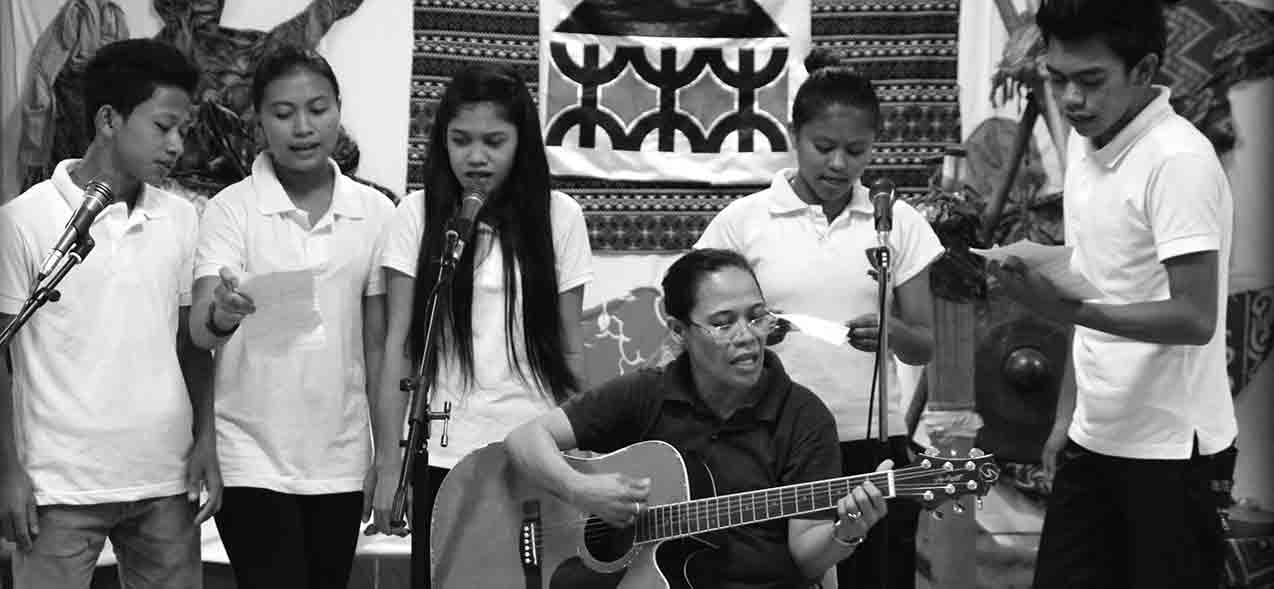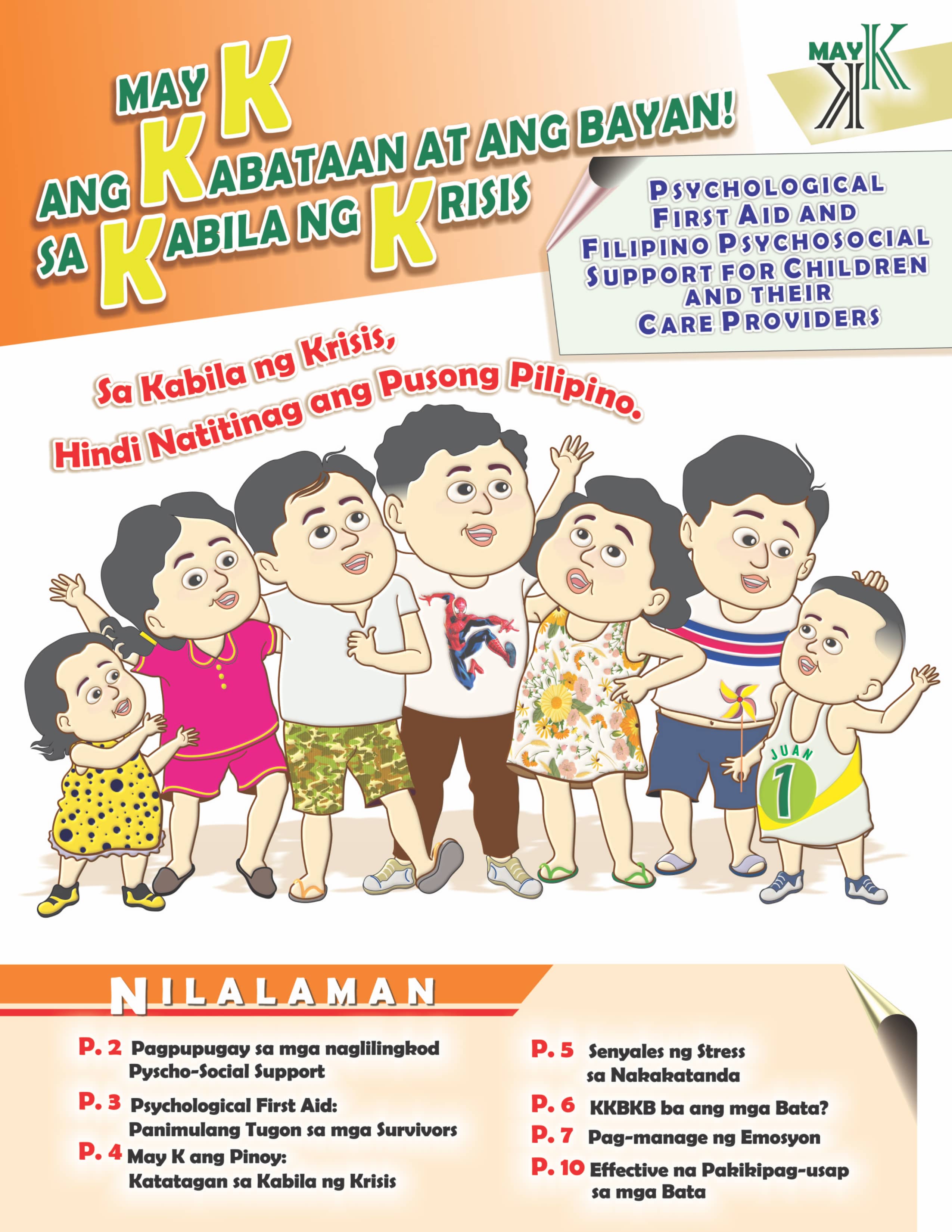More than a hundred stakeholders from six localities in the northern part of Caloocan City participated in a forum on how to protect young people from criminality and to spare them from the aggressive government campaign against illegal drugs which have left around 3,000 people dead since July 2016.
The activity was organized by the Balay-led Caloocan Civil Society Coalition (CCSC) and held in the premises of Children International in Zabarte, Quezon City on September 5, 2016. The coalition members all have community-based programs that seek to keep young people from abuse, neglect, exploitation, and ill treatment or torture.
Among those who joined the discussions are parents, teachers, social workers, service providers as well as members of faith-based groups, youth organizations, and community-based councils for the protection of children.
Among those who provided inputs are experts from the Child Rights Network (CRN), an alliance consisting of academics and child rights advocacy groups and the Juvenile Justice and Welfare Council (JJWC), an inter-agency governmental body. Representatives of lawmakers from Caloocan City also gave their insights during the forum.
The participants expressed concern on the plan of lawmakers to lower from fifteen to nine years old the minimum age of criminal responsibility. They also rejected the proposal to reinstate the death penalty for heinous crime saying that this runs against the principle of the best interest of children.
Legislators loyal to President Duterte have considered the proposed measure as a top legislative agenda. The Speaker of the House of Representative himself, Rep. Pantaleon Alvarez, and Rep. Fredenil Castro have filed House Bill No. 2 that seeks to amend the “Juvenile Justice and Welfare Act of 2006” or Republic Act 9344 to make criminally accountable children as young as nine years old.
According to them, children are being used by criminals as accomplices in their crimes, particularly drug trafficking, because these minors could not be held criminally liable under existing laws. The explanatory note of their bill read: “While the intent of protection of the Filipino youth may be highly laudable, its effects have had the opposite effects–the pampering of youthful offenders who commit crimes knowing they can get away with it.”
The members of the civil society coalition argued that the proposed legislative measureswill only drive organized criminal groups to exploit younger children in their prohibited enterprise rather than protect minors. They added child offenders should be considered as victims of neglect and exploitation rather than be regarded as hardened law breakers as some authorities portray them to be.
Lawyer Tricia Oco, director of the Juvenile Justice and Welfare Council (JJWC), said that the current law on juvenile justice is actually a “good law” if only fully implemented.She said that only a handful of local government units nationwide have actually established residential facilities to mend the ways of children in conflict with the law (CICL). She noted that there is also a shortage of social workers and child and family counsellors to provide psychosocial intervention for children at risk, especially in poor urban neighbourhood.
These are some of the important requirements provided for under the juvenile justice law to take the young people away from the path of criminality, Atty. Oco said. Unfortunately, this has remained unfulfilled by duty-bearers who have the obligation to do so on the first place.
The participants agreed to organize similar forums in their respective neighbourhoods and to gather more support to block the proposed lowering of the age of criminal responsibility and the death penalty.
























